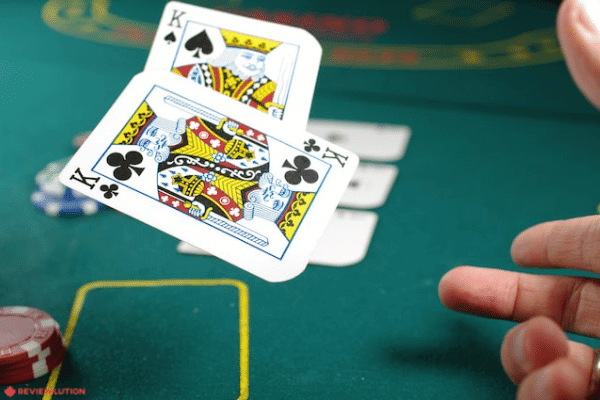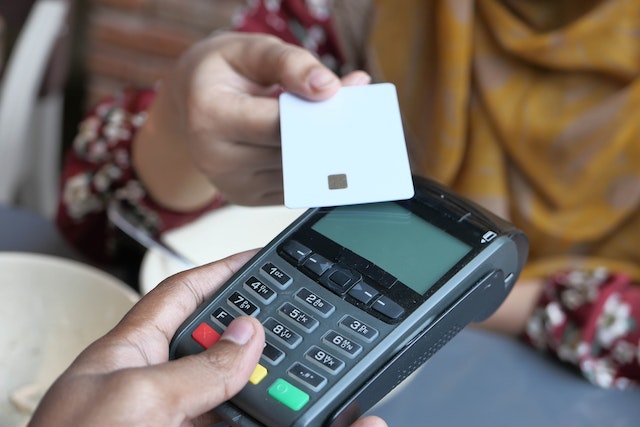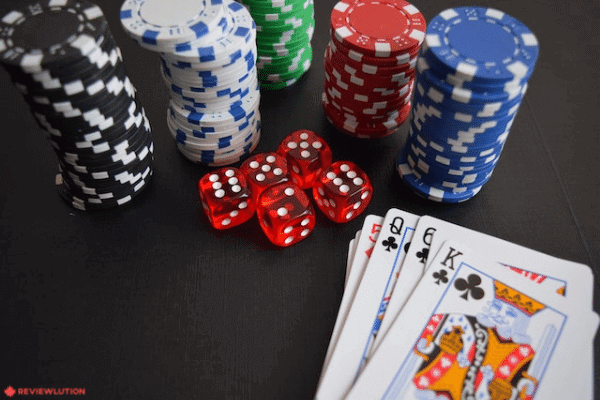Do You Get Taxed on Gambling Winnings in Canada?
Gambling may be a popular pastime for Canadians, but not many know what will happen after you hit the jackpot. Believe it or not, gambling and taxes sometimes go hand in hand. Arguably, when placing a bet on the poker table, the last thing on your mind is taxes, which can sometimes creep up on you.
But when is that? And do you get taxed on gambling winnings in Canada? Let’s see!
Are Gambling Winnings Taxable in Canada?
Paying taxes on gambling winnings might not have crossed your mind previously, so it’s no wonder the quote “the best things in life are free, but sooner or later the government will find a way to tax them” still holds water.
In some cases, this is true for gambling. But not most of the time. Usually, gambling winnings are viewed on a case-by-case basis, as there is no hard-and-fast rule about their taxation.
At the crux of it though, gambling winnings are taxable if they’re business income. If not, you can keep all of it.
And to dispel any myths, Canada does not look at how much money you’ve won to determine whether or not to tax you. Instead, the Canada Revenue Agency (CRA) aims to understand whether you make a living from your wagers.
Related article: What Does the Bible Say About Gambling?
Taxation of Recreational vs. Professional Gambling
Whether or not you’ll need to pay taxes on gambling largely depends on your gaming habits. However, determining whether you gamble for commercial purposes can be quite challenging and we still lack concrete rules.
Unfortunately for any professional gambler, tax laws can get musty.
As a rule of thumb, if you directly benefit from the operation of a gambling establishment, your income constitutes income from a business. Consequently, all activities are subject to taxes and regulations, and your winnings (or losses) will be considered business income or loss and the taxpayer is thought to have been in pursuit of profit when gambling.
In simple terms, if you approach gambling as you would a business, the CRA considers your venture motivated by profit. Skill-based games are taxable on their gains, so professional poker, blackjack, and roulette players pay income taxes on net gains, just like the rest of us.
Other factors that support the fact that you’re a professional:
- You frequently attend tournaments
- You travel to play
- You have a high degree of organization when pursuing the activity
- Gambling is your primary income source
- You have special knowledge to reduce the element of chance
- You practice or take classes for the game
- You’ve been earning money consistently for a longer time
But there’s a gray area here as well. Namely, many government officials argue that gambling is always undertaken in pursuit of profit. The main reason players play such games is with hopes to win and earn. However, we can’t treat all gamblers as businessmen, can we?
Well, no. And this is where tax professionals can help you by viewing your track record. You may think you’re a professional, but the lines are blurry and you may well still be a (good) amateur.
On the other hand, if you indulge in gambling sporadically and for entertainment, your winnings are all entirely yours to keep and not taxable. Factors that can support your amateur status are:
- Infrequent gambling
- Playing games only at casinos
- Not winning consistently
- Gambling isn’t a source of income
- Playing games of luck
With this in mind, it’s essential to know that any winnings from a game of chance are not taxable. Therefore, lottery, bingo, and slots gambling winnings are exempt from tax in Canada.
Taxation for Online and Offline Gambling
So what about taxes on online gambling?
Suffice to say that the Income Tax Act doesn’t really differentiate between online and offline gambling. Therefore, the casino winnings tax rules apply to both i.e. if you’re a professional, you’ll need to report your winnings as income, but if you play for fun – you don’t have to report anything.
Remember that even if you do play frequently, as long as your gambling winnings aren’t your primary source of income, you don’t have to worry about taxes.
You might be interested: Casino Etiquette: Top 10 Essential Rules
Finishing Thoughts
So, do you get taxed on gambling winnings in Canada? The short answer is – it depends. Recreational players don’t have to think about taxes on their winnings, but for professionals, things are a bit more complicated.
Keep in mind that although we’ve thoroughly researched the topic, we aren’t tax consultants nor lawyers. If you have questions or concerns regarding your winnings, seek a professional to go over everything with you.
FAQ
Provided they come from a game of chance, such as the lottery, prize winnings are not taxable in Canada, as they are considered to be windfalls.
If a Canadian wins money in a Vegas casino, their gambling winnings will be subject to 30% tax withholding, provided the winnings are more than $1,200. The more money you win, the larger the tax you’ll have to pay. So, if you win $1500, you’ll walk out with only $1050.
If you’re a professional poker player, your taxes will reach you no matter how fast you run. For professional gamblers, you can’t avoid taxes, just like the rest of us can’t, either! But if you’re a recreational player, you don’t have to pay taxes at all.











